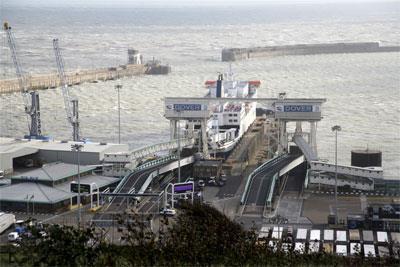
At the beginning of April the DfT began charging both domestic and overseas goods vehicle operators to use the UK’s roads.
It hopes this will help level the playing field between UK hauliers and foreign operators, who British hauliers often felt were given an easier ride as they could use UK roads free of charge.
But is the HGV Road User Levy being enforced effectively enough? How many operators have listened and registered their trucks?
On the first day of the levy, 67 fixed penalty notices (FPNs) were issued to foreign-registered vehicles that had not paid up prior to entering the UK, raising over £20,000.
However, a full week since the levy was introduced (Tuesday 8 April) this number had only increased to “nearly 150”, according to a DfT spokesman, so around 21 vehicles per day.
While catching 150 non-compliant operators in just seven days is a substantial achievement, this number seems somewhat insignificant when only 72,000 vehicles were registered to use UK roads on 8 April. Hundreds more remain not having registered, which means there are hundreds more to be caught.
But at the launch of the DVSA earlier this month, chief executive Alastair Peoples said the agency would be doing all in its power to ensure that foreign operators that have not paid are dealt with. It will be using ANPR cameras and will be working closely with ports to determine which operators to target, as well as checking vehicles at the roadside.
“Clearly we don’t have the ability as with annual tests to gather the same information for foreign hauliers,” Peoples conceded, “but every encounter we have is intelligence that gained and adds to [our] risk register.”
Let’s hope that more operators start registering their vehicles to use Britain’s roads soon, or there may be many more fines being handed out.











